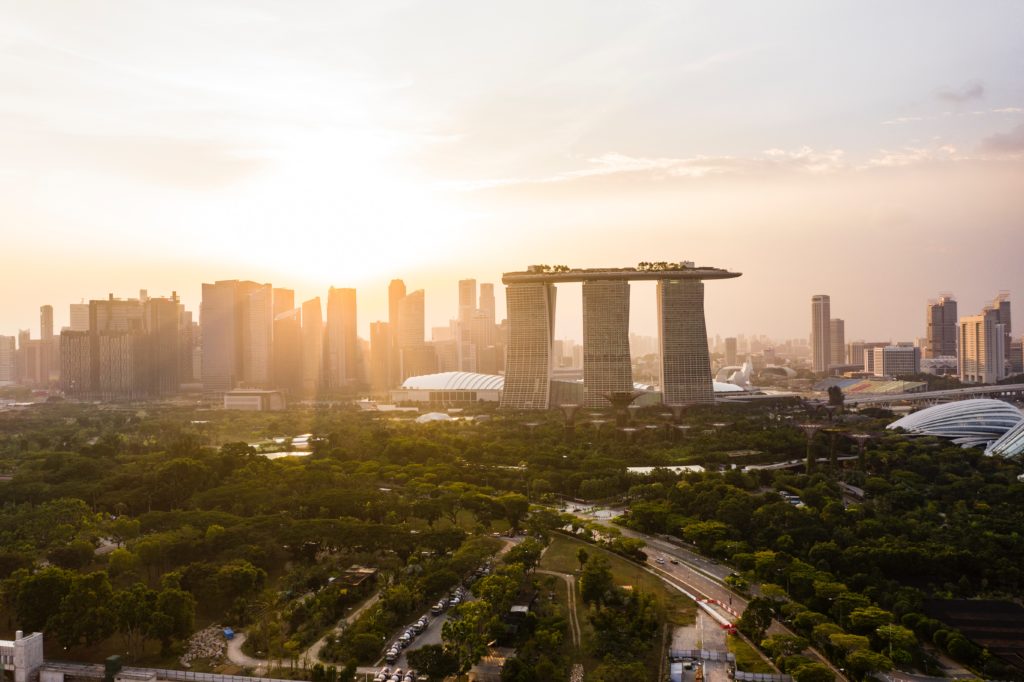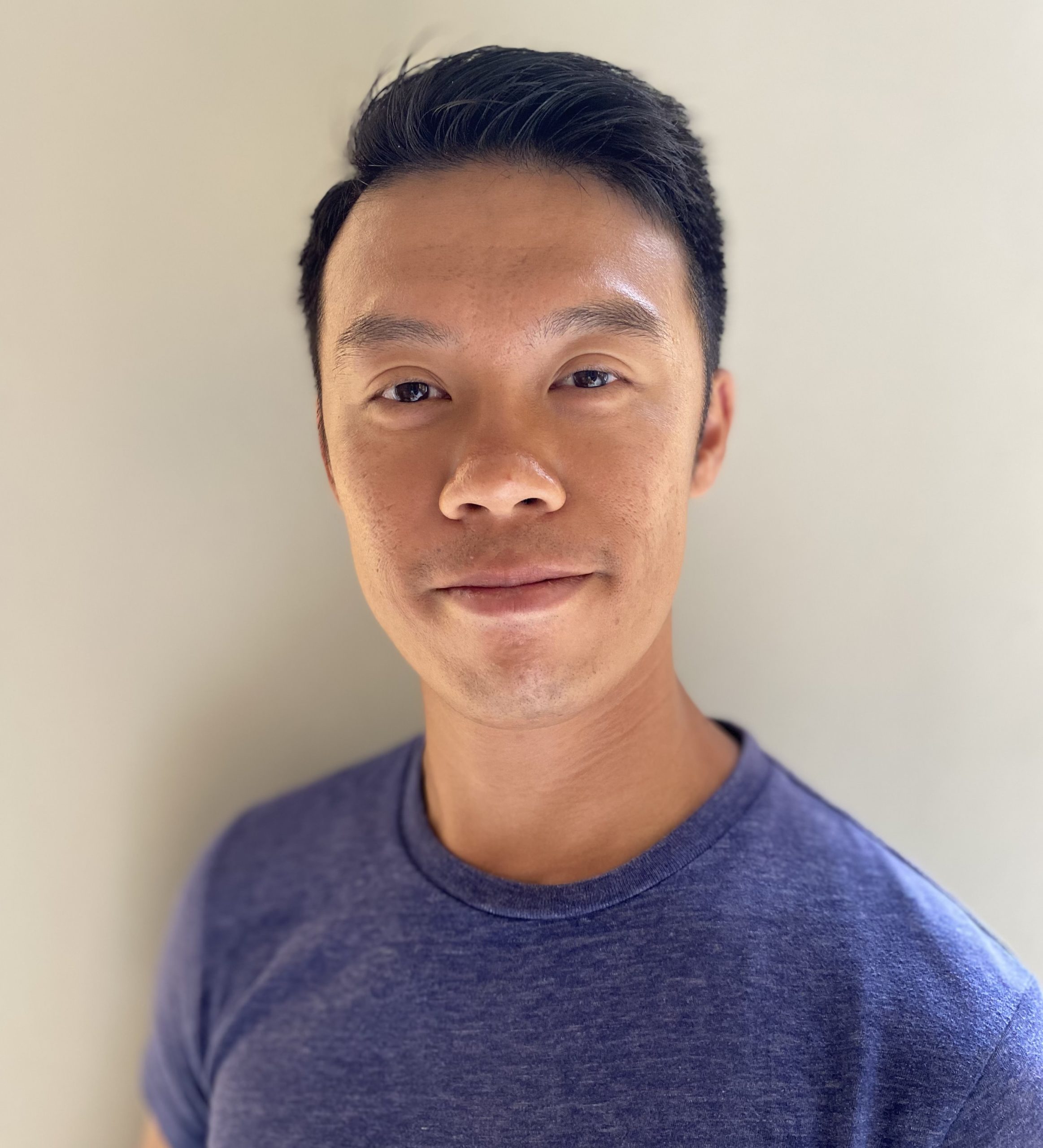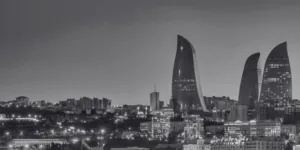The Singaporean presidential election took place on September 1st, with veteran politician and statesman Tharman Shanmugaratnam emerging victorious with 70.4% of the votes. Although largely ceremonial, the presidency retains some constitutional powers over state budgets. The election, however, is important for understanding the wider context of Singapore’s unique political system, including the ties between the presidency and the ruling party, the People’s Action Party (PAP), as well as underlying political tensions and public discontent.
Singapore’s presidency is non-partisan by constitution, meaning it is positioned above everyday politics and the holder cannot be a member of a political party. The president can veto government budgets and key public appointments but cannot appoint officials, weigh-in on policy decisions or express their views publicly without the government’s consent.
Contenders must first secure nominations and are then vetted against a stringent eligibility benchmark: they must have either served for three years as a senior civil servant or as a company’s chief executive with shareholder equity of at least SGD 5 million (€3.42 million). Prior to 1991, the president was appointed by parliament. Since, they have been directly elected by a popular vote. Although their election is supposed to be politically-neutral, public resentment over “the establishment” and political scandals is now politicizing what was intended to be an election that unifies the nation.
The idea of a unifying, unpolitical head of state dates back to the 1980s when Lee Kuan Yew, the nation’s “founding father” and prime minister until his resignation in 1990, envisioned the presidency as resembling the values of his ruling PAP. The president would work in unison with political hierarchy, dominated by the PAP since independence, instead of descending into populist politicking, which Lee described as “a freak election”. The aforementioned requirements of a president were supposed to weed out candidates who might have turned towards populism or sought to undermine national unity (or, indeed, go against the PAP establishment).
That hasn’t always worked out. Ong Teng Cheong, who was president between 1993 and 1999, was known for testing the country’s political system because “he had a job to do”. Ong paraded himself as an independent figure and pushed against the post’s limitations by stress-testing the extent of his mandate on the nation’s reserves. (He was the first president directly elected in a popular vote.) This move set him on a collision course with the government, and Ong was sidelined after a lengthy bureaucratic spat over state budgets. His successor, S R Nathan, remained in lockstep with the government throughout his term. Nonetheless, Ong opened up the possibility that presidential elections could be a medium for politicking.
Fast forward to 2023. Three out of six candidates were eligible to run in this election: former career bureaucrat Tharman Shanmugaratnam, businessman Ng Kok Song and former politician Tan Kin Lian. Shanmugaratnam has strong political ties with the PAP establishment and was long considered the frontrunner. Having served as the former Senior Minister, Coordinating Minister for Social Policies and Chairman of the Monetary Authority of Singapore, among other positions, he was a Member of Parliament and a lifelong member of the ruling PAP until being nominated for the presidency in July. In his nomination speech, he vowed to “offer experience and capabilities on the ground” and that he would run a “fine and honourable” campaign that would unite Singapore. Although political endorsements are prohibited, influential figures close to the PAP openly supported Shanmugaratnam’s candidacy.
The two other contenders have weaker links with the political establishment but come from prominent positions in the private sector. Businessman Ng Kok Song is the founding partner and chairman of Avanda Investment Management, a global asset management company, and was the former chief investment officer for GIC, a Singaporean sovereign wealth fund. He also served on the advisory board of PIMCO, an American investment management firm, and on the governing board of the Lee Kuan Yew School of Public Policy, a part of the National University of Singapore.
The third candidate, Tan Kin Lian, is the former CEO of NTUC Income (now Income Insurance), a leading Singaporean insurance firm, and was formerly the branch secretary for the PAP’s Marine Parade constituency. Following a rift in 2008, however, Tan left the party after three decades of membership. He also contested in the 2011 presidential election but won just 4.9% of the vote, losing his deposit in the process.
Unlike Shanmugaratnam’s sterile statements, Ng and Tan sought to show their distance from ruling party politics and their rapport with the everyman. Ng’s nomination speech stressed that he belongs to no political party and pledged to protect Singapore’s foreign reserves, its public administration competency and social security finances. When asked about his motivation to run, he said his decision was prompted by “recent concerns about the integrity of our national institutions”, which was perceived as a thinly veiled reference to the recent scandals involving senior PAP politicians.
Tan, a former PAP politician, was more explicit, stating that his candidacy would give voters a “chance to vote for a president who is truly independent of the ruling government”. Similar to Ng, Tan also puts tackling cost of living problems at a centerpiece of his agenda, vowing to make life better for all people in Singapore. Despite being a former PAP member, Tan has received the endorsement of prominent opposition figures, including Tan Cheng Bock, chairman of the Progress Singapore Party (PSP), a small opposition party.
Interestingly in this election, a candidate’s closeness to the PAP was seen as a liability. Shanmugaratnam has urged voters to judge candidates on their track record, not their affiliation. Although Ng has worked closely with the political establishment throughout his career, he has never been a PAP member, something he has repeatedly stressed during his campaign.
In reality, however, as with all aspects of Singaporean politics, the presidency is closely tied to the ruling party and its grasp on political power. The most recent contested presidential race was in 2011, at which PAP-affiliated heavyweight Tony Tan won with 35.2% of the votes in a first-past-the-post system but this was largely because of a three-way split, with his two challengers winning 64.8% of the votes, combined. Some saw Tan’s slim win as a blow to the PAP.
The incumbent president, Halimah Yacob, another PAP stalwart, won the 2017 election uncontested as all other candidates were ineligible under a new clause that barred non-Malay candidates. The elections in 1999 and 2005 were also uncontested, albeit for different reasons. Yacob’s uncontested victory sparked public dissatisfaction. Media monitoring company Meltwater revealed that 83% of the online sentiment at the time was negative, and the hashtag “#notmypresident” quickly went viral. Analysts have commented that the electoral process and the government were perceived as “exclusive and disenfranchising”. Political frustration over the lack of representation and accountability triggered a silent protest, a rarity in the city-state where the authorities tightly control political dissent.
To complicate matters, a series of scandals have recently rocked the ruling PAP in recent months, including a clandestine affair between the former parliament speaker and another MP from the PAP, which was coincidentally unveiled along with another affair, forcing the pair to resign. A corruption probe has also been launched against the country’s transport minister, S Iswaran, who was detained in July. This case involved the alleged rental of two state-owned bungalows to two other cabinet members. Public discourse centered around supposed political privilege and favoritism, a concern for the PAP government especially at a time when the cost of living is surging.
Ng and Tan’s campaigns signify that the election could be a pivotal moment for the political establishment. Prime Minister Lee Hsein Loong admits that his party has “taken a hit” from the incidents. With scandal stalking the party, the PAP has had little choice but to face scrutiny, something it is unfamiliar with. However, its attempts to nip criticisms in the bud through legal rebuttals, including one involving the Prime Minister’s estranged brother, may fuel further resentment and alienation.
However, with Mr Tharman Shanmugaratnam’s landslide victory, Singapore’s political status quo has proven to retain popular support. The island nation is ready to smoothly sail to a new era ahead, and the presidency can be predicted to work out according to plan.






